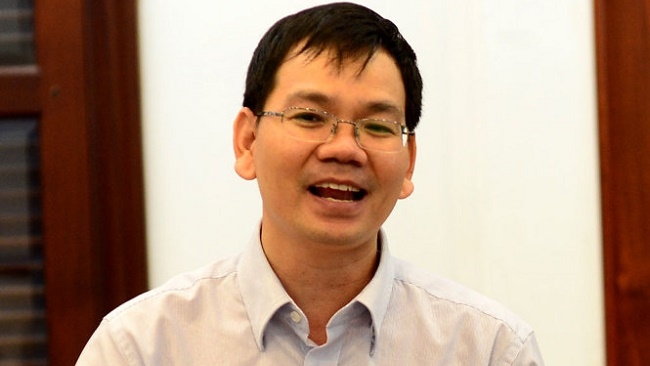Vietnam turns semiconductor vision into action
The global semiconductor industry is being reshaped by geopolitical tensions, shifting supply chains, and the surge of digital technologies.




“VAT rise will cause a burden on the poor.”

From the different perspective, Huynh The Du, Economic Expert has expressed his point of views.
“Is it true that low VAT rates benefit the rich rather than the poor or in other words, VAT rise makes the rich bear the higher tax burden?According to Viet Nam Household Living Standards Survey in 2014 of the General Statistics Office, the monthly average income of a household member of 20 per cent of the poorest and 20 per cent of the richest is VND660,000 (approximately US$29.08) and VND6.4 million (equivalent to US$282.57) respectively.
As a result, the total income of the poorest (20 per cent) accounted for only 4.2 per cent of the total national household incomes while that of the richest (20 per cent) account for 48.6 per cent.When the poorest and the richest account for about 9 per cent and nearly 40 per cent respectively out of 100 per cent of VAT revenue, the tax rate per unit of income of the poorest is 2.6 times higher than that of the richest: [(9% / 4.2%)/(<40% / 48.6%)].
In other words, VAT in Vietnam is very regressive now. Regarding the proportion of income, the rich are paying VAT far less than the poor. Therefore, VAT rise will have more impacts on the poor than the rich, which is contrary to Sebastian Eckhardt’s view.The VAT contribution gap is only four times while the income gap is nearly ten times between the richest and the poorest. Furthermore, regressivity or progressivity of tax is proportionally calculated. That a person with higher income pays higher taxes (in terms of absolute value) is quite obvious.”
The global semiconductor industry is being reshaped by geopolitical tensions, shifting supply chains, and the surge of digital technologies.
The change in APA approval authority is expected to shorten processing time and enhance business proactiveness in international tax negotiations.
As hybrid cloud systems grow more complex, Vietnamese enterprises are struggling to detect cybersecurity threats moving laterally within their own networks.
The submission of the draft resolution on Vietnam’s international financial center to the National Assembly heralds a new developmental era for the country.
More than just running a 5-star resort, Kristian Petersen is redefining the art of hospitality with a humane and sustainable leadership philosophy.
For Tyna Huynh, co-founder of Drinkizz, organic is not just a food choice but a way of life that fosters a deep connection between people, nature and community.